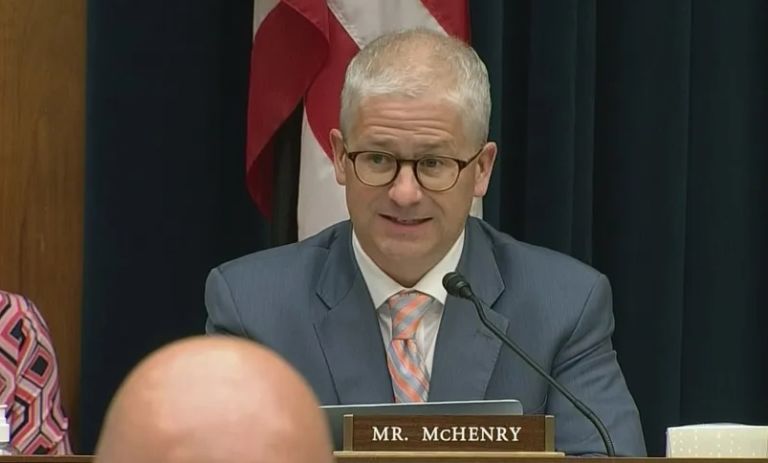Christopher Bedford of the Federalist explains a potential change that could benefit residents of Washington, D.C., and the nation.
While returning portions of D.C. to Maryland has been proposed since the early 19th century, the issue has not gained the sort of support and attention Virginia’s retrocession earned. In poll after poll, the idea has failed to win broad Marylander approval, with a fairly recent poll from 2019 showing 57 percent of Marylanders opposing, with only 36 percent approving.
The past two years, however, have changed everything. The federal city is no longer a welcoming, bipartisan place — it is a city clinging to closures and mask rules, beset by crime, and antagonistic toward its leaders’ political rivals. Worse, it’s a city that bans large swathes of American tourists — along with more than half of its black residents — from going out to eat or watching a movie, seeing a concert, or even getting a haircut. The fight has changed.
While Democrats and many D.C. residents have long demanded D.C. statehood, Republicans — and most Americans — oppose it, saying a city that’s only purpose and sole major industry is Big Government should not have the same power as California or Wyoming.
D.C. Mayor Muriel Bowser said the quiet part loudly on Monday, focusing an ironic Martin Luther King Day speech on how statehood for D.C. would help Democrats abolish the Senate filibuster to overhaul American elections. Rank partisanship is her sole accomplishment. But retrocession is different: It would return large swathes of the city to the state that ceded them, while restoring both the rights to vote and to access local businesses the very same mayor has denied her city’s residents.
While the modern political movement for retrocession has been championed by white, conservative congressmen, the new calculus can change that. The points for it are broader — and the arguments against it, weaker than they’ve been in 200 years.


